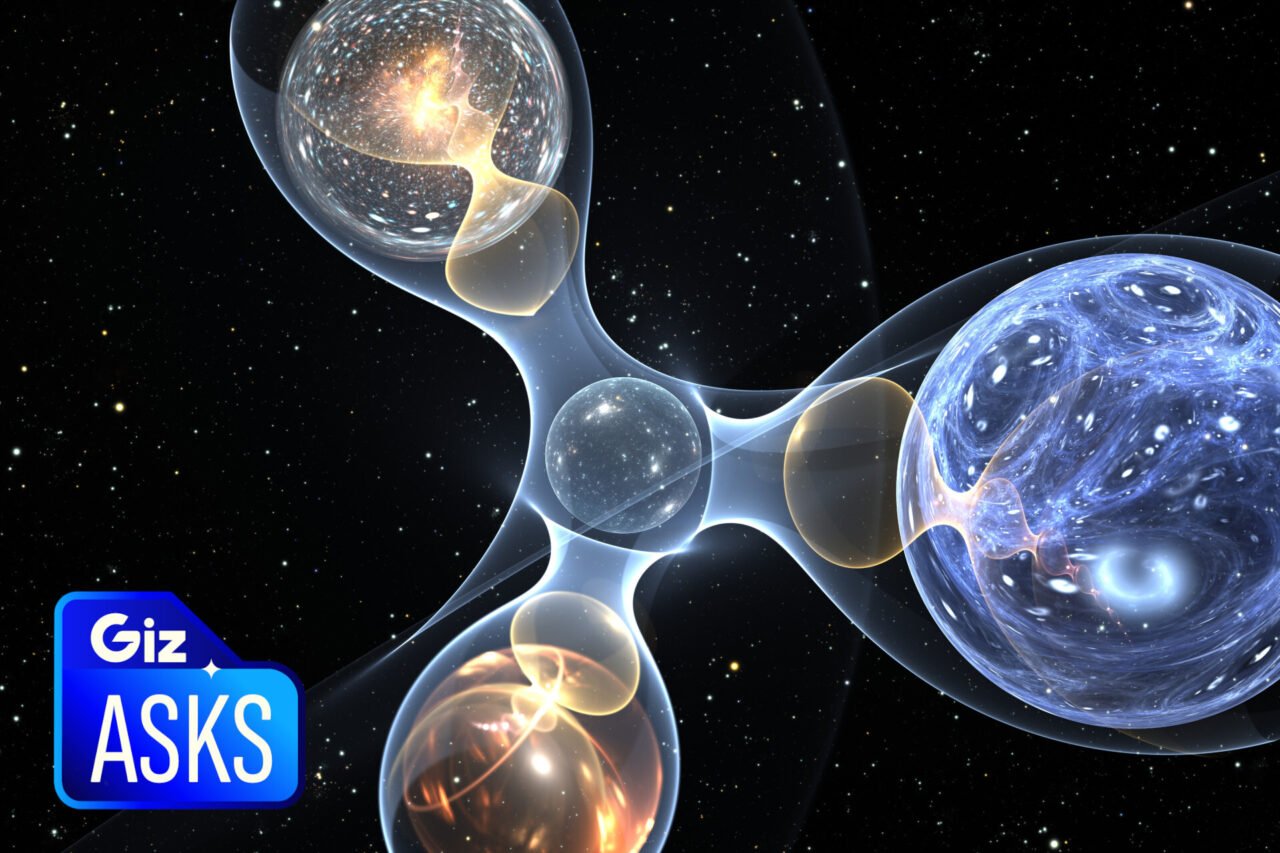Science
String Theory: A Journey Through Its Rise and Current Status

String theory, once a beacon of hope for physicists seeking a unified theory of everything, has experienced a notable shift in focus over recent years. Initially proposed as a mathematical framework that replaces point-like particles with one-dimensional “strings,” it aimed to bridge the gap between quantum mechanics and general relativity. Despite its ambitious goals, the current status and future potential of string theory have come under scrutiny.
The concept of string theory captivated the scientific community during the late 20th century, leading to significant advancements known as the “superstring revolutions.” These developments, particularly in the 1980s, generated excitement among researchers and enthusiasts alike. Documentaries such as PBS’s The Elegant Universe and a surge of popular literature propelled string theory into the public consciousness. However, as the new millennium approached, interest began to wane.
According to Daniel Whiteson, a particle physicist at the University of California, Irvine, and a member of the ATLAS Collaboration at CERN, the decline in public enthusiasm does not equate to a loss of relevance within the field. “Physicists still pursue a theory of everything,” he stated. Yet, the question remains whether string theory is still the leading candidate or if alternative theories have gained traction.
The fading popularity of string theory is evident in various indicators, such as a decrease in its mention in academic literature. Peter Woit, a mathematician and physicist at Columbia University and author of Not Even Wrong, argues that the landscape of theoretical physics has evolved. He believes that string theory, while influential, may no longer dominate discussions among researchers exploring fundamental physics.
In contrast, some physicists continue to champion string theory’s potential. John H. Schwarz, a theoretical physicist at the California Institute of Technology and a pioneer of the first superstring revolution, maintains that string theory remains a viable framework for understanding the universe. His perspective emphasizes that despite challenges, the mathematical elegance of string theory persists as a critical element of theoretical physics.
Nevertheless, alternatives to string theory have emerged, particularly loop quantum gravity, founded by physicist Carlo Rovelli. Rovelli suggests that while string theory has its merits, his approach offers a different perspective on the quantum structure of spacetime. This rivalry highlights the competitive nature of theoretical physics, where diverse ideas vie for acceptance and validation.
The ongoing discourse surrounding string theory reflects a broader trend in modern physics. Hiroshi Ooguri, another theoretical physicist from the California Institute of Technology, has contributed significantly to the mathematical foundations of string theory, reinforcing its importance in certain circles. Meanwhile, Cumrun Vafa, a theoretical physicist at Harvard University and recipient of the 2017 Breakthrough Prize in Physics, has applied string theory to the study of black holes, showcasing its continued relevance in specific research areas.
Despite its fluctuating status, string theory remains a focal point in discussions about the fundamental nature of the universe. While its popularity has declined, the commitment of researchers to explore its implications suggests that string theory is far from being dismissed. As physicists continue to navigate the complexities of theoretical frameworks, the quest for a unified understanding of the universe persists, with string theory still playing a crucial role in that endeavor.
In summary, the narrative surrounding string theory is one of both evolution and resilience. Although it may not dominate public discourse as it once did, the pursuit of a comprehensive theory of everything continues, driven by the dedicated efforts of physicists around the globe.
-

 Science4 weeks ago
Science4 weeks agoInventor Achieves Breakthrough with 2 Billion FPS Laser Video
-

 Health1 month ago
Health1 month agoCommunity Unites for 7th Annual Into the Light Walk for Mental Health
-

 Top Stories1 month ago
Top Stories1 month agoCharlie Sheen’s New Romance: ‘Glowing’ with Younger Partner
-

 Entertainment1 month ago
Entertainment1 month agoDua Lipa Aces GCSE Spanish, Sparks Super Bowl Buzz with Fans
-

 Business1 month ago
Business1 month agoTyler Technologies Set to Reveal Q3 Earnings on October 22
-

 Entertainment1 month ago
Entertainment1 month agoMother Fights to Reunite with Children After Kidnapping in New Drama
-

 World1 month ago
World1 month agoR&B Icon D’Angelo Dies at 51, Leaving Lasting Legacy
-

 Health1 month ago
Health1 month agoCurium Group, PeptiDream, and PDRadiopharma Launch Key Cancer Trial
-

 Entertainment1 month ago
Entertainment1 month agoRed Sox’s Bregman to Become Free Agent; Tigers Commit to Skubal
-

 Health1 month ago
Health1 month agoNorth Carolina’s Biotech Boom: Billions in New Investments
-

 Science1 month ago
Science1 month agoNorth Carolina’s Biotech Boom: Billions Invested in Manufacturing
-

 Health1 month ago
Health1 month agoYouTube Launches New Mental Health Tools for Teen Users









